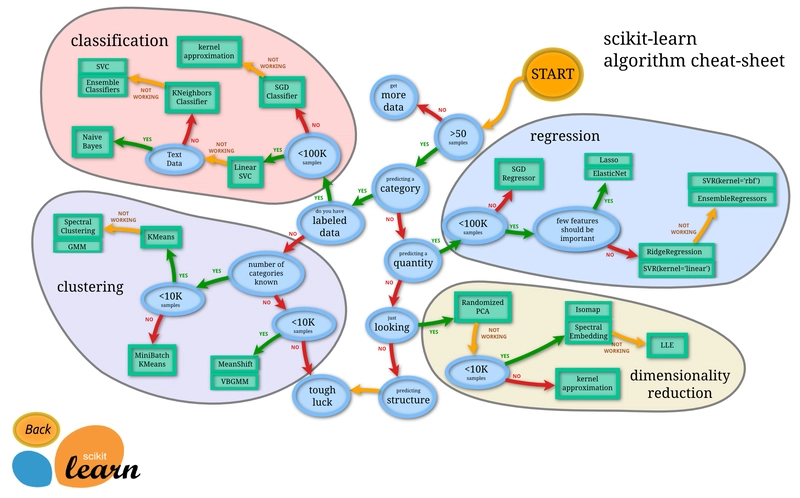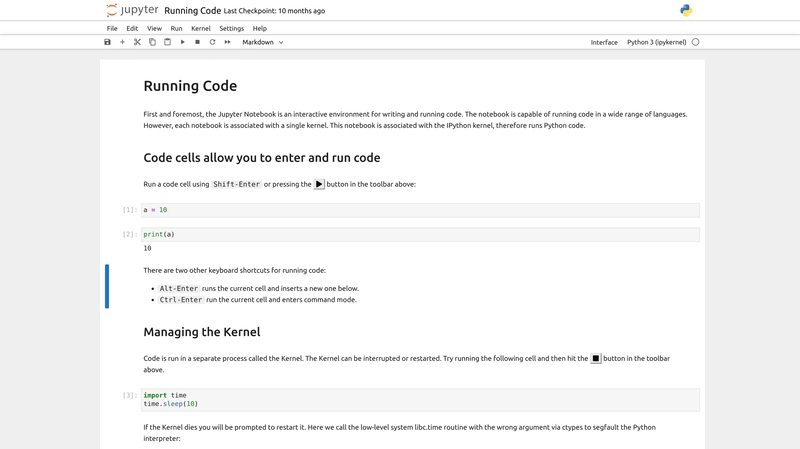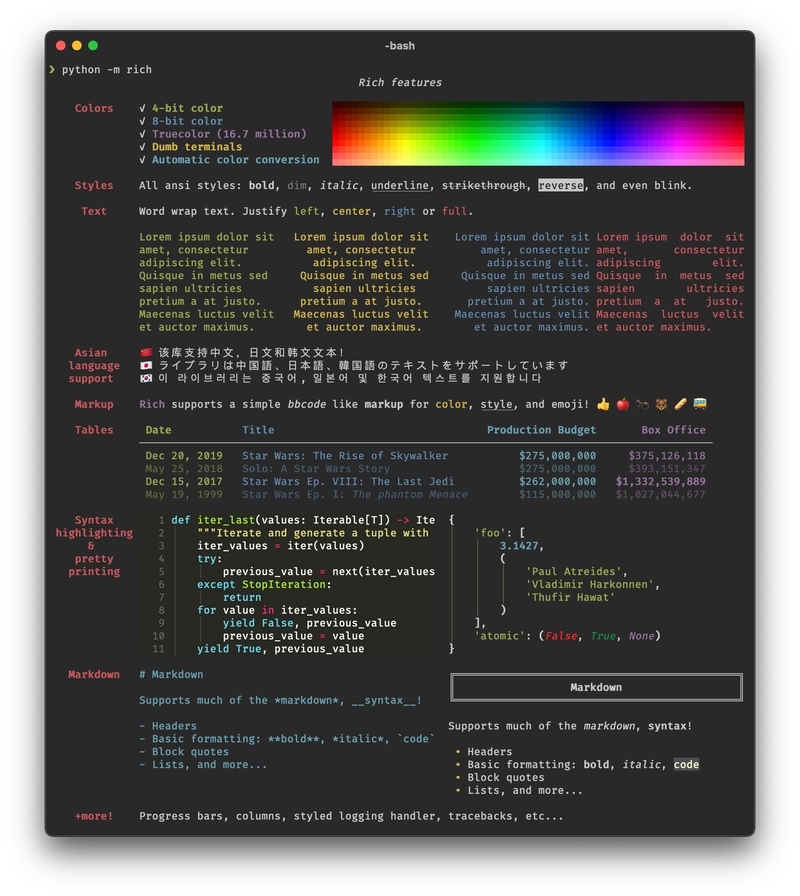10 Useful Tools and Libraries for Python Developers
Python is a powerhouse of a programming language, and its rich ecosystem of tools and libraries makes development smoother, faster, and more enjoyable. Whether you're working on web applications, machine learning, or automation, the right tools can make a huge difference. Here are 12 must-know Python tools and libraries that every developer should explore. 1. PyUIBuilder - A GUI Builder for Python If you’re building desktop applications, PyUIBuilder is a lifesaver. Instead of writing tedious UI code by hand, PyUIBuilder gives you a drag-and-drop interface for designing GUI applications. It outputs clean python code so you can edit later on. Currently it supports tkinter and customtk 2. Poetry - Dependency Management Tired of dealing with dependency conflicts? Poetry makes package management and virtual environments a breeze. It handles everything from installing dependencies to publishing your package, all with a clean and simple workflow using the pyproject.toml file. 3. FastAPI - Web framework for building APIS If you need to build APIs fast, FastAPI is the way to go. It’s lightweight, async-friendly, and handles validation automatically. Plus, it generates documentation for you, making development smoother. 4. PyTorch - A Deep Learning Powerhouse If you're getting into AI, PyTorch is a powerful and easy-to-use deep learning framework. Its flexible computation graph and GPU acceleration make it great for both research and production. Whether you're building neural networks or fine-tuning models, PyTorch makes the process smoother. 5. Pytest - Simple Yet Powerful Testing Testing doesn’t have to be painful. Pytest makes writing tests easy with fixtures, parameterized testing, and powerful assertion debugging. Just write your test functions, and Pytest will handle the rest—no complex setup required. 6. SQLAlchemy - Database Interaction using ORM If raw SQL queries aren’t your thing, SQLAlchemy provides a cleaner, more Pythonic way to work with databases. Its ORM (Object-Relational Mapper) allows you to interact with databases using Python classes instead of SQL, making database management much more intuitive. 7. Scikit-learn - Machine Learning Scikit-learn is the go-to library for classical machine learning. Need to build a classifier, a regression model, or perform clustering? Scikit-learn has all the essential algorithms packed into a simple, easy-to-use interface. 8. Jupyter Notebook - Interactive Coding Playground For data scientists and researchers, Jupyter Notebook is an essential tool. It lets you write and run Python code interactively, visualize data, and document workflows—all in one place. Perfect for experimentation and collaboration. 9. Celery - Handle and run background tasks Need to run time-consuming tasks in the background? Celery helps you offload tasks like sending emails, processing large data sets, or handling scheduled jobs asynchronously. It’s widely used in web applications to improve performance and responsiveness. 10. Hugging Face Transformers - pretrained models for inference and training Want to use AI models without reinventing the wheel? Hugging Face Transformers provides pre-trained models for NLP, vision, and more. Whether you need a chatbot, text summarization, or sentiment analysis, this library makes AI integration effortless. Since you have read till here, here's two more as a bonus 11. Rich - Beautiful CLI Output Made Easy Rich is a Python library that makes command-line applications more visually appealing. It supports colorful text, tables, syntax highlighting, progress bars, and improved logging—perfect for making your CLI tools more user-friendly. With just a few lines of code, you can transform plain terminal output into something much more engaging. 12. Pydantic - Data Validation Without the Headache Dealing with messy data? Pydantic makes it easy to validate and parse structured data using Python type hints. It’s especially useful when working with APIs, ensuring that your data is always clean and well-structured. Wrapping Up The right tools can speed up your Python development experience. Whether you’re streamlining dependency management with Poetry, diving into machine learning with PyTorch, or automating workflows with Invoke, these tools will save you time and effort.
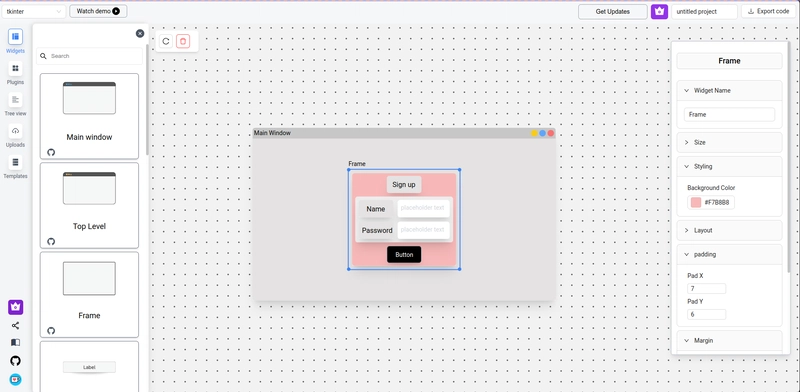
Python is a powerhouse of a programming language, and its rich ecosystem of tools and libraries makes development smoother, faster, and more enjoyable. Whether you're working on web applications, machine learning, or automation, the right tools can make a huge difference. Here are 12 must-know Python tools and libraries that every developer should explore.
1. PyUIBuilder - A GUI Builder for Python
If you’re building desktop applications, PyUIBuilder is a lifesaver. Instead of writing tedious UI code by hand, PyUIBuilder gives you a drag-and-drop interface for designing GUI applications. It outputs clean python code so you can edit later on. Currently it supports tkinter and customtk
2. Poetry - Dependency Management
Tired of dealing with dependency conflicts? Poetry makes package management and virtual environments a breeze. It handles everything from installing dependencies to publishing your package, all with a clean and simple workflow using the pyproject.toml file.
3. FastAPI - Web framework for building APIS
If you need to build APIs fast, FastAPI is the way to go. It’s lightweight, async-friendly, and handles validation automatically. Plus, it generates documentation for you, making development smoother.
4. PyTorch - A Deep Learning Powerhouse
If you're getting into AI, PyTorch is a powerful and easy-to-use deep learning framework. Its flexible computation graph and GPU acceleration make it great for both research and production. Whether you're building neural networks or fine-tuning models, PyTorch makes the process smoother.
5. Pytest - Simple Yet Powerful Testing
Testing doesn’t have to be painful. Pytest makes writing tests easy with fixtures, parameterized testing, and powerful assertion debugging. Just write your test functions, and Pytest will handle the rest—no complex setup required.
6. SQLAlchemy - Database Interaction using ORM
If raw SQL queries aren’t your thing, SQLAlchemy provides a cleaner, more Pythonic way to work with databases. Its ORM (Object-Relational Mapper) allows you to interact with databases using Python classes instead of SQL, making database management much more intuitive.
7. Scikit-learn - Machine Learning
Scikit-learn is the go-to library for classical machine learning. Need to build a classifier, a regression model, or perform clustering? Scikit-learn has all the essential algorithms packed into a simple, easy-to-use interface.
8. Jupyter Notebook - Interactive Coding Playground
For data scientists and researchers, Jupyter Notebook is an essential tool. It lets you write and run Python code interactively, visualize data, and document workflows—all in one place. Perfect for experimentation and collaboration.
9. Celery - Handle and run background tasks
Need to run time-consuming tasks in the background? Celery helps you offload tasks like sending emails, processing large data sets, or handling scheduled jobs asynchronously. It’s widely used in web applications to improve performance and responsiveness.
10. Hugging Face Transformers - pretrained models for inference and training
Want to use AI models without reinventing the wheel? Hugging Face Transformers provides pre-trained models for NLP, vision, and more. Whether you need a chatbot, text summarization, or sentiment analysis, this library makes AI integration effortless.
Since you have read till here, here's two more as a bonus
11. Rich - Beautiful CLI Output Made Easy
Rich is a Python library that makes command-line applications more visually appealing. It supports colorful text, tables, syntax highlighting, progress bars, and improved logging—perfect for making your CLI tools more user-friendly. With just a few lines of code, you can transform plain terminal output into something much more engaging.
12. Pydantic - Data Validation Without the Headache
Dealing with messy data? Pydantic makes it easy to validate and parse structured data using Python type hints. It’s especially useful when working with APIs, ensuring that your data is always clean and well-structured.
Wrapping Up
The right tools can speed up your Python development experience. Whether you’re streamlining dependency management with Poetry, diving into machine learning with PyTorch, or automating workflows with Invoke, these tools will save you time and effort.









































































































































































![[The AI Show Episode 142]: ChatGPT’s New Image Generator, Studio Ghibli Craze and Backlash, Gemini 2.5, OpenAI Academy, 4o Updates, Vibe Marketing & xAI Acquires X](https://www.marketingaiinstitute.com/hubfs/ep%20142%20cover.png)

















































































































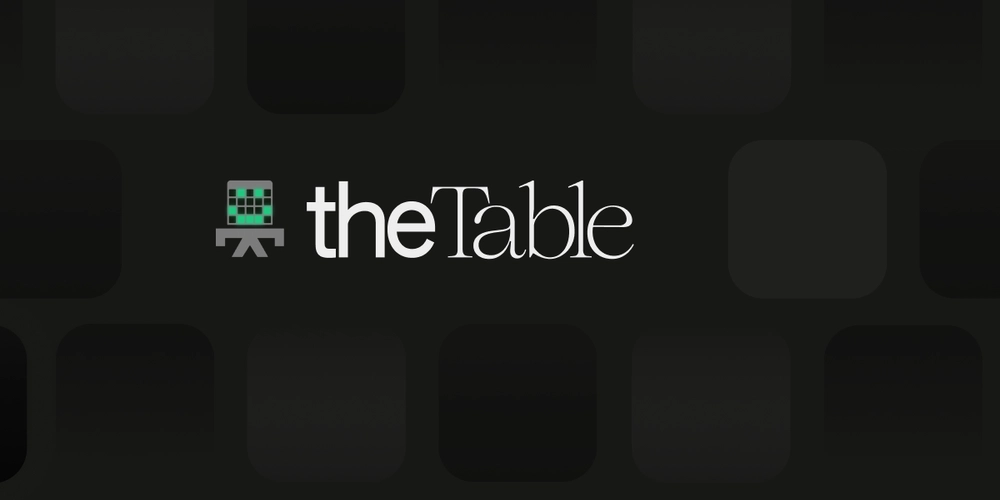
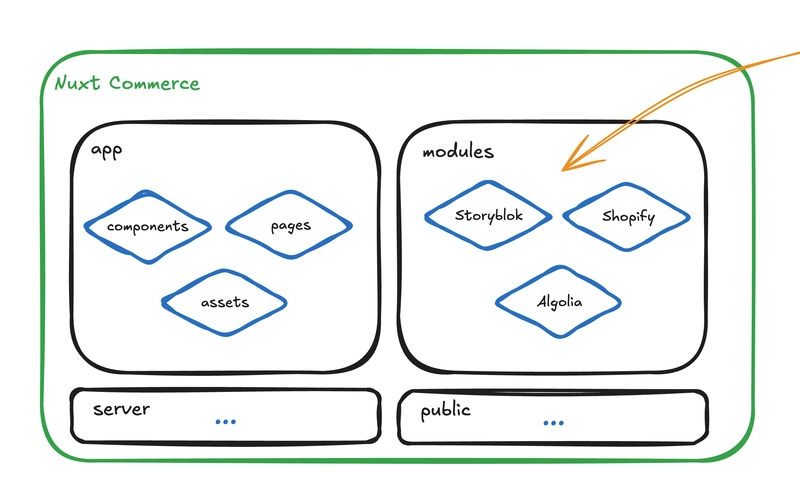












![[DEALS] The Premium Learn to Code Certification Bundle (97% off) & Other Deals Up To 98% Off – Offers End Soon!](https://www.javacodegeeks.com/wp-content/uploads/2012/12/jcg-logo.jpg)

![From drop-out to software architect with Jason Lengstorf [Podcast #167]](https://cdn.hashnode.com/res/hashnode/image/upload/v1743796461357/f3d19cd7-e6f5-4d7c-8bfc-eb974bc8da68.png?#)








































































































.png?#)


































_Christophe_Coat_Alamy.jpg?#)



.webp?#)






































































































![Apple Considers Delaying Smart Home Hub Until 2026 [Gurman]](https://www.iclarified.com/images/news/96946/96946/96946-640.jpg)
![iPhone 17 Pro Won't Feature Two-Toned Back [Gurman]](https://www.iclarified.com/images/news/96944/96944/96944-640.jpg)
![Tariffs Threaten Apple's $999 iPhone Price Point in the U.S. [Gurman]](https://www.iclarified.com/images/news/96943/96943/96943-640.jpg)































































































































